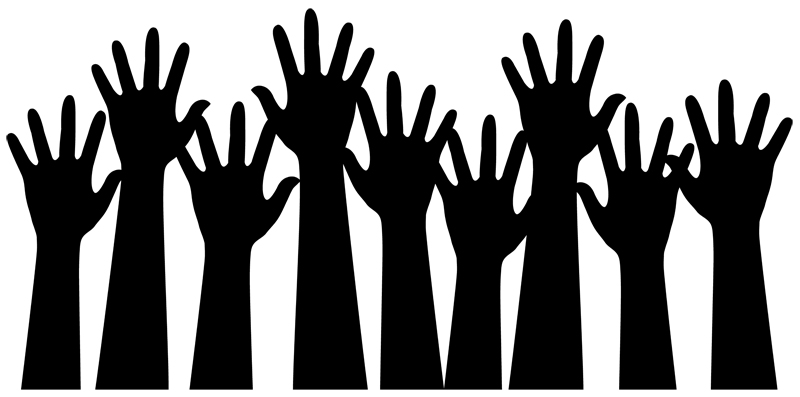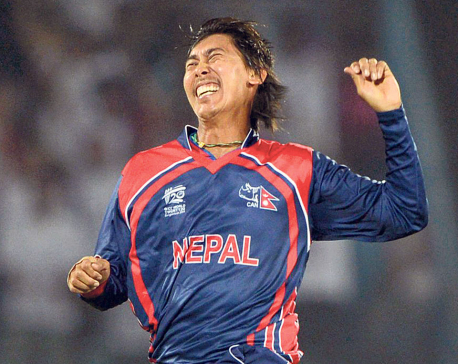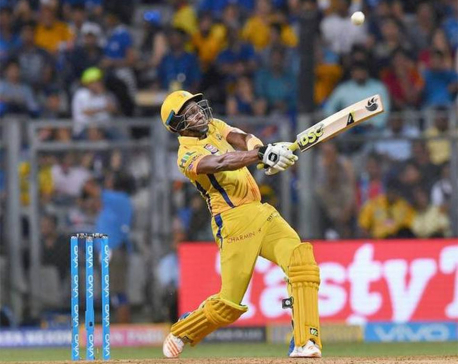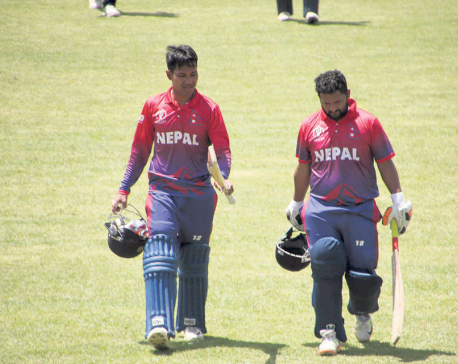
OR

More from Author
Thank God! I wasn’t born during the Cold War – the proxy clash between US’s liberal democracy and the then Soviet Union’s socialist communism. Rather, I was born in Nepal during the summer of 1991.
The year of Washington based liberal wonks and capitalist tycoon.
That year Nepali liberals won over conservative forces as the country became more open, there was a guarantee of human rights in the constitution. And Nepal’s economic growth rate was greater than that of India.
At the same time, Soviet bloc was dissolved. Washington consensus was taking over the communist ideologies all around the world.
It was the decade of the Dotcom Bubble and the time when Samuel Huntington released his book ‘Clash of Civilization’.
Poverty Reduction and Social Mobility in Nepal
After the arrival of liberalism in Nepal during the 1990s, migration became the new maxim of Nepali society. Now people could easily make passports and fly to Gulf countries looking for work.
The remittance sent by the migrant workers somewhat reduced the poverty rate of the country. The report released by World Bank on ‘Poverty Reduction and Social Mobility’ in Nepal, reveals an improvement in living standard of the Nepali population over the last two decades.
Urbanization has largely been influenced by the investment coming from remittance. Kathmandu has seen large scale housing and construction projects. Similarly many cities in the Terai are rapidly going through development.
New generations
is overlooked
At this backdrop, Nepal’s “post-1991 generation” has witnessed many global events. This generation is not the byproduct of exploitative, feudal, patriarchal Nepali society rather it is the super- product of Nepal’s post 1990s vibrant globalization.
This generation is politically and economically active, hard working and mobile. The people from this generation invent their own jobs rather than searching for one.
Call to Action (CTA)
25 years later, right wing movement is flourishing around the world and factionalist movement is taking shape in Nepal as well.
Compared to the past, education and health status of Nepali people have significantly improved but still there is long way to go.
Today, at the cost of inefficient government and rise of new type of plutocracy, education and health sectors have become businesses than services.
The international political climate is changing with the rise of India and China. We need new leaders in Nepali politics to address our immediate priorities. We need to replicate the economic growth rate of 1991.
The “post-1991 generation” should enter the politics to revive Nepal’s economy. Their talent, skills, passion and enthusiasm are unmatched compared to old school leaders of Nepal.
Saurav is affiliated to Youth Initiative, a non-profit organization based in Nepal.
You May Like This

Shakti Gauchan inspired a generation of Nepal's players
KATHMANDU, July 19: Nepal's legendary all-rounder Shakti Prasad Gauchan announced his retirement from international cricket amid a farewell function in Kathmandu... Read More...

IPL 2018 | Chennai Super Kings vs Mumbai Indians at Wankhede: Bravo Super Kings!
April 8: Dwayne Bravo dashed Mumbai Indians’ hopes with some spectacular hitting off left-arm seamer Mitchell McClenaghan and Jasprit Bumrah... Read More...

Nepal’s Super Six chances slim after disappointing loss to Scotland
KATHMANDU, Mar 9: Scotland skipper Kyle Coetzer made an unbeaten 88 runs to lead his team to the third win of... Read More...





Just In
- MoHP cautions docs working in govt hospitals not to work in private ones
- Over 400,000 tourists visited Mustang by road last year
- 19 hydropower projects to be showcased at investment summit
- Global oil and gold prices surge as Israel retaliates against Iran
- Sajha Yatayat cancels CEO appointment process for lack of candidates
- Govt padlocks Nepal Scouts’ property illegally occupied by NC lawmaker Deepak Khadka
- FWEAN meets with President Paudel to solicit support for women entrepreneurship
- Koshi provincial assembly passes resolution motion calling for special session by majority votes







_20220508065243.jpg)






Leave A Comment